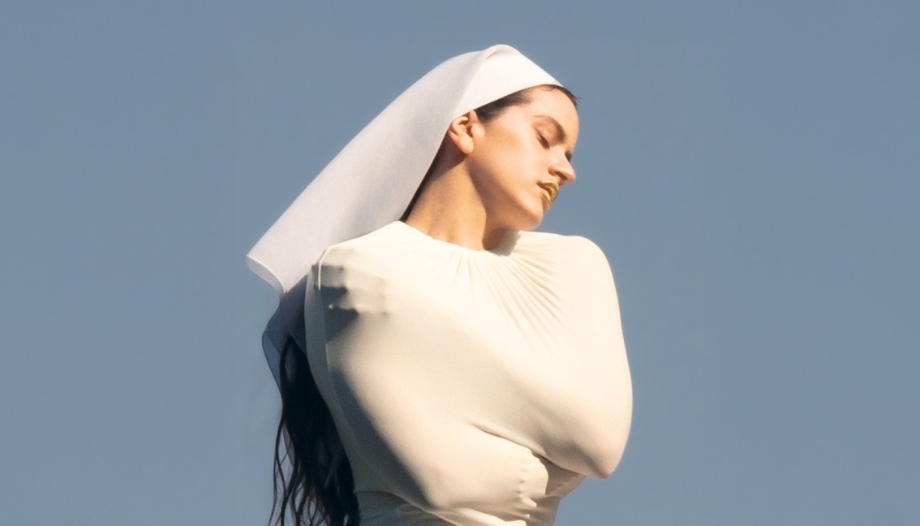Javi Nieves in Alpha and Omega writes about the musical quality of “Lux,” saying: “It is an extraordinary work. A turning point for the music of our time, capable of reconciling new forms of creation with the spiritual depth of true art. I don't want to resort to labels—it would be unfair to reduce it to a genre—because Lux transcends categories; it brings something genuinely new.”.
Álvaro Galindo, musician (composer, pianist, and singer) and content creator, comments along the same lines: “Musically, it's perfect. When you record with the talents of the Montserrat choir and the London Symphony, it can't sound bad. And she, with her powerful voice... but also with impressive delicacy. Because that's the difficult thing: having power and knowing when to use it. Here she does it wonderfully. When she has to be strong, she is; when she has to be soft, she is too. And she modulates the intensities in a beautiful way.”.
But its artistic depth is accompanied by a language that goes beyond music and literature, as the famous Cadena 100 radio host says: “The lyrics on this album, their intention, their atmosphere, awaken a deep desire to feel loved by God. In them, one recognizes a delicacy that belongs to the language of the sacred... Lux is, above all, a spiritual album. It reflects a sincere search for meaning, without losing Rosalía's essence or her unique way of making music... This work reconciles modern art with beauty. And yes, beauty is a form of truth. Taste—like faith—is educated, it is worked on. Lux invites us to discern between the superficial and the essential, between the ephemeral and the eternal.”.
In short, this work exudes transcendence. To describe what Rosalia has done on this album, we could say that it makes her what in Ancient Rome was called a “pontifex maximus.” That is, in a literal sense, as explained by the entry for the term on Wikipedia, “pontifex” means “bridge builder,” a combination of “pons” and “facere.” The word “maximus” means “the greatest.” “This could mean «bridge builder between gods and men.»” In other words, this great artist, with her music, creates a bridge to transcendence, with a language that goes beyond music and lyrics, which is spiritual. Rosalía breaks the mold with this album, because it goes beyond the rationalization of reality that we practice today in our society, with politicization and polarization.
We can say that this work of art was born with the vocation of becoming a musical classic, as Galindo says: “Several times something very powerful has happened to me while listening to it: I find it hard to return to reality when it ends. It's very heavy. I think it's going to become an instant classic... Honestly, I couldn't name an album from the last 50 years that's as special as this one. There are good albums, yes, but this one is on another level: musically, conceptually, and contextually. What's more, the subject it deals with—talking about God through popular music—is something that no one else did out of fear. It was almost taboo. And now Rosalía puts it front and center without any qualms.”.
In 1908, the poet Rainer Maria Rilke, when he was Rodin's secretary, entered the Louvre to view the works of this contemporary museum. When he reached the Greek antiquities section, he came across a badly damaged male torso, without arms, legs, or genitals... Its contemplation moved him deeply, and he wrote the poem “Torso of Archaic Apollo,” which ends with these verses: “...because there is not a single place here that does not look at you. You must change your life.”.
The same can be said of “Lux.” It looks at you and challenges you to change, because it is a bridge to transcendence, bringing you closer to the beyond.







